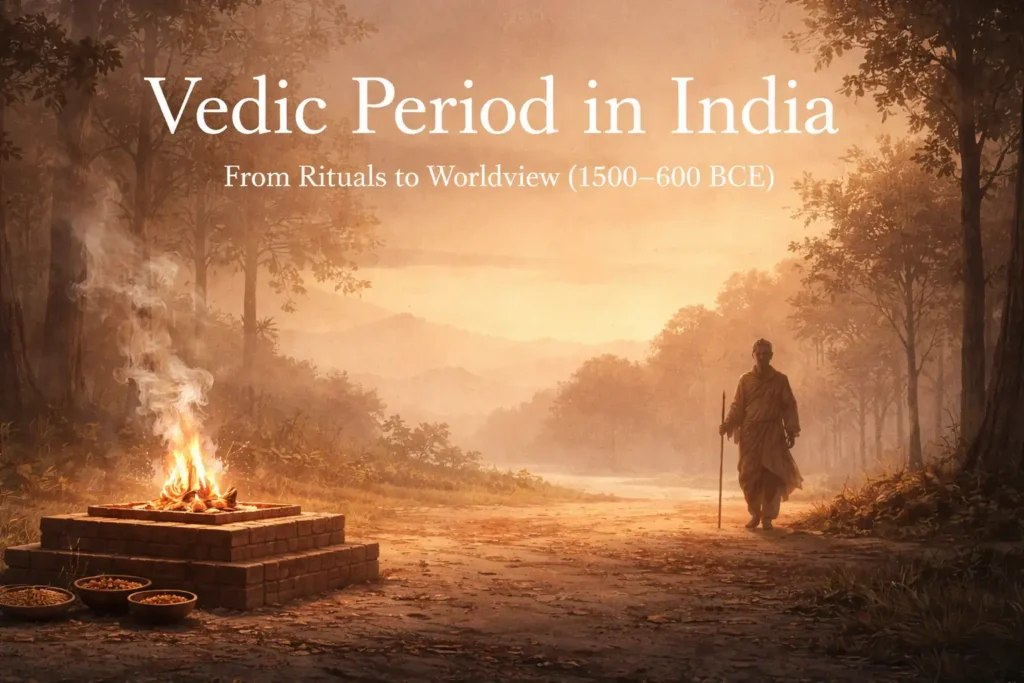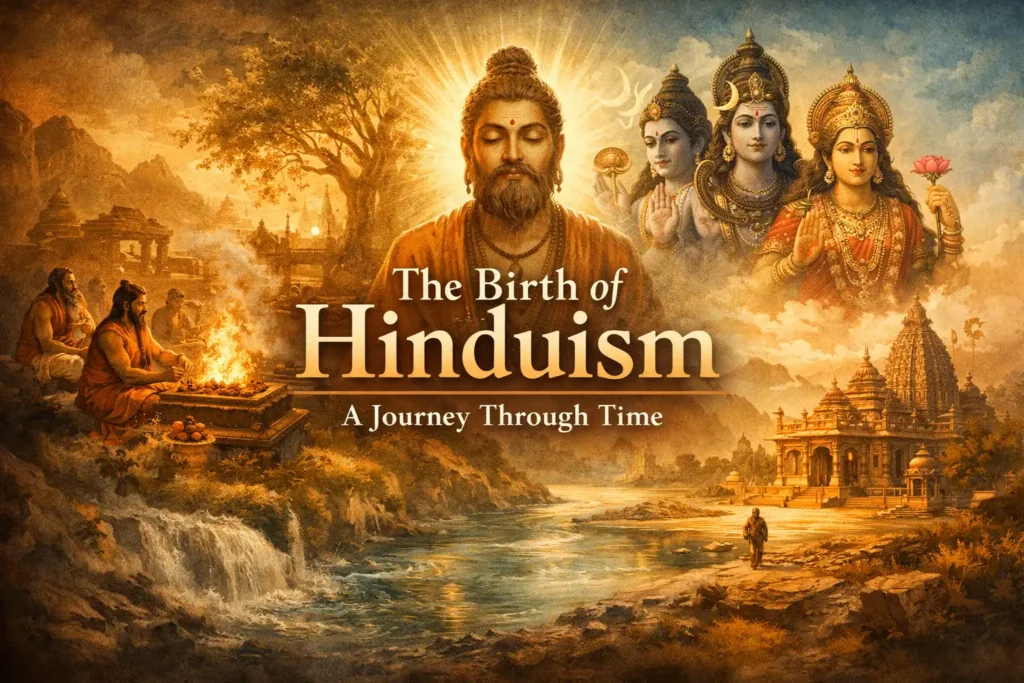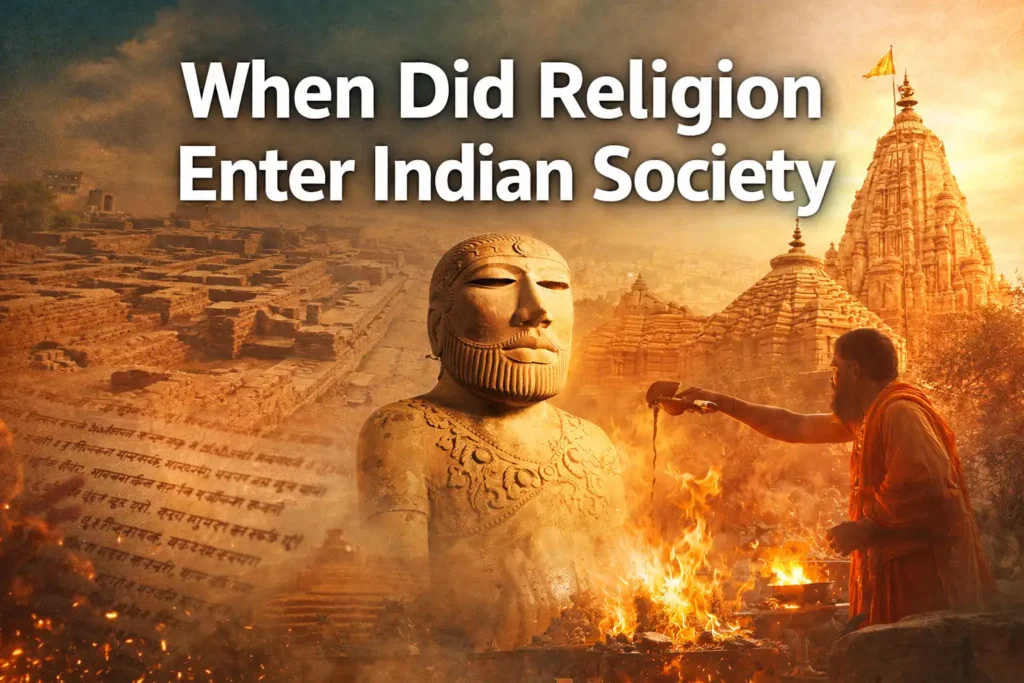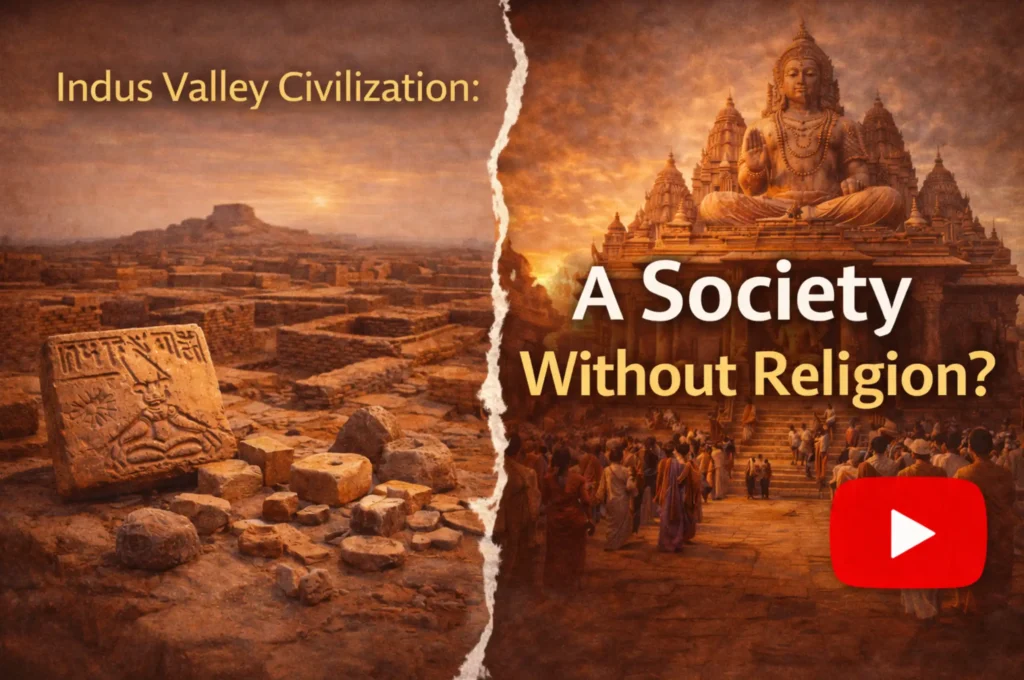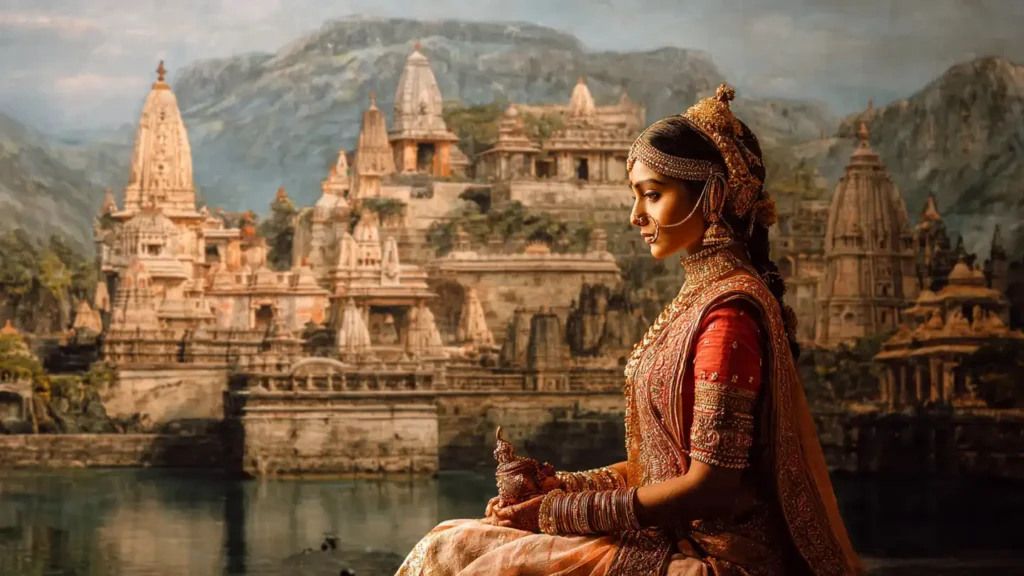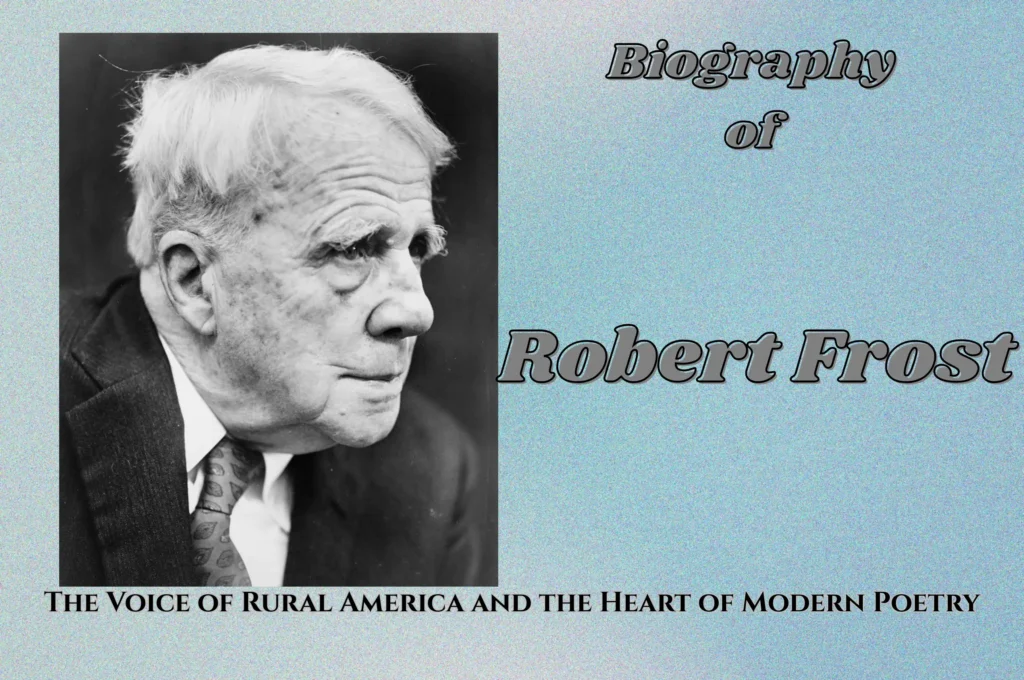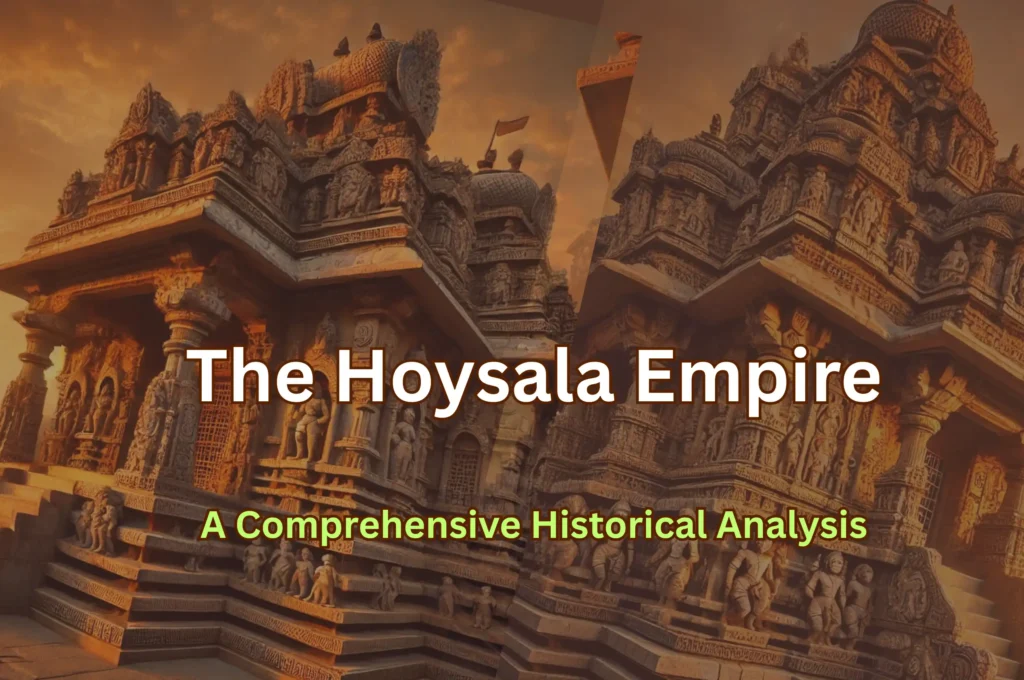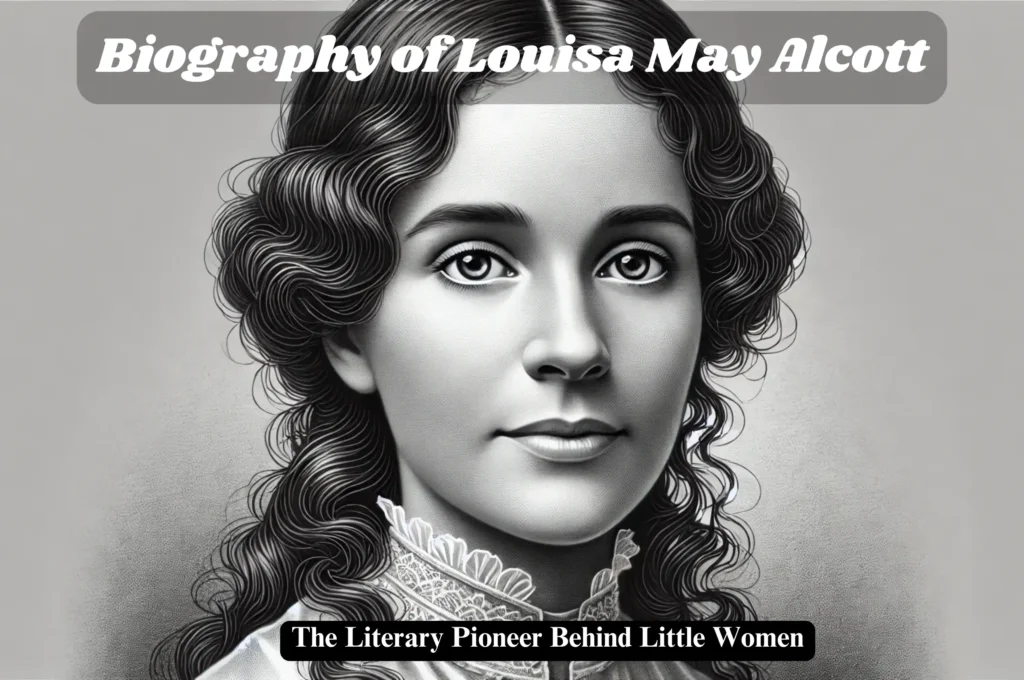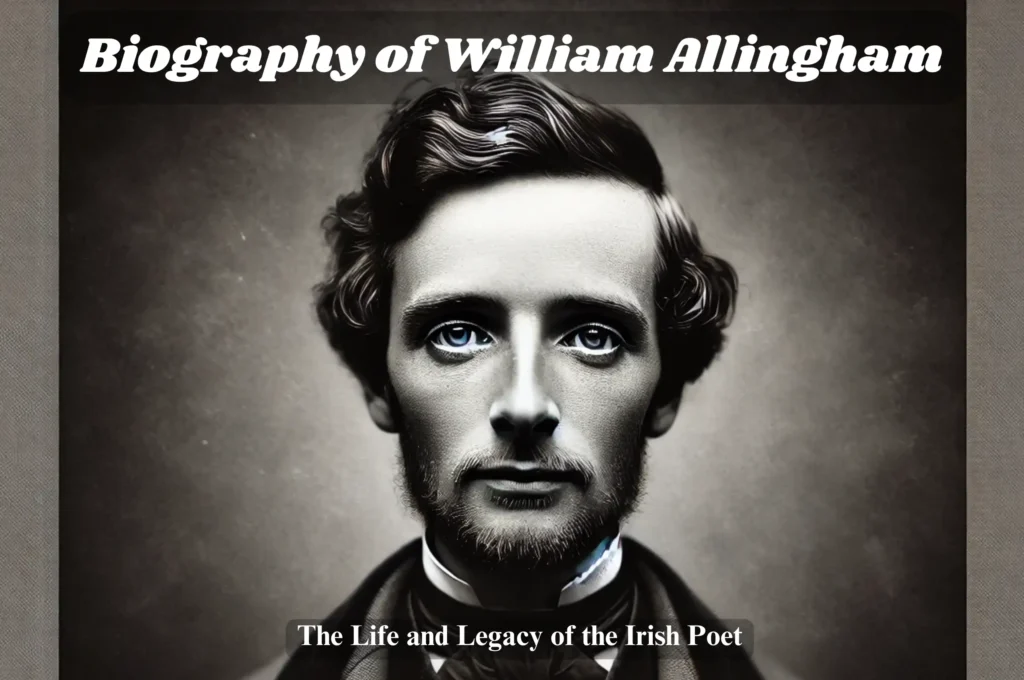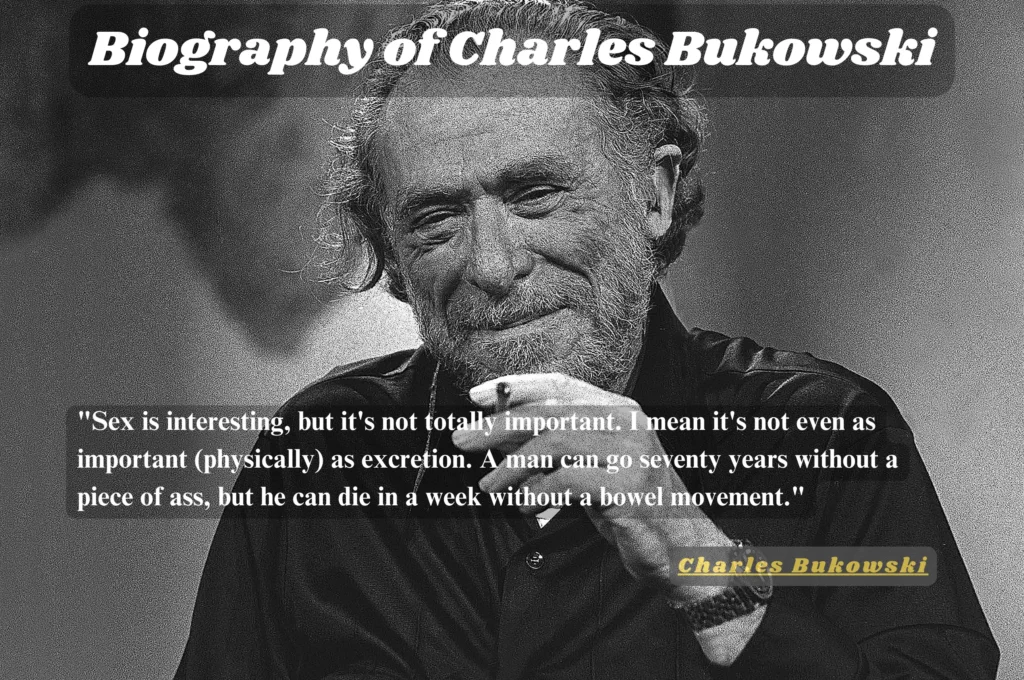Bharatendu Harishchandra
Bharatendu Harishchandra, often hailed as the ‘Father of Modern Hindi Literature,’ was born on September 9, 1850, in Varanasi, India. His birth coincided with a crucial period in Indian history, marked by the waning influence of the Mughal Empire and the burgeoning power of British colonial rule. This socio-political milieu significantly influenced Bharatendu’s literary and cultural outlook, as he sought to marry traditional Indian values with modern ideas.
From a young age, Bharatendu displayed an extraordinary penchant for literature and the arts. His early education was rooted deeply in the classical traditions of Sanskrit and Persian literature, which formed the bedrock of his literary pursuits. However, it was his exposure to Western education and English literature that truly broadened his horizons, allowing him to develop a unique style that blended Eastern and Western literary traditions.
Bharatendu’s contributions to the Hindi language and literature are manifold. He was a prolific writer, whose oeuvre spans poetry, drama, essays, and journalism. His works often reflected his deep concern for social issues, such as women’s rights, education, and the plight of the poor. Through his writings, he championed the cause of Hindi as a language of the masses, advocating for its use in education and administration at a time when Persian and English were the dominant languages of officialdom.
The significance of Bharatendu Harishchandra in the literary world cannot be overstated. His pioneering efforts laid the foundation for modern Hindi literature, setting the stage for future generations of writers. He is credited with initiating the renaissance of Hindi literature, transforming it from a classical to a modern form, rich in contemporary themes and issues. Bharatendu’s legacy endures, as his works continue to inspire and influence the literary landscape of India.
Bharatendu Harishchandra, often recognized as the father of modern Hindi literature, was born on September 9, 1850, in the historic city of Varanasi. He hailed from a well-respected and affluent family, which provided him with a rich cultural and intellectual environment from a young age. His family background played a significant role in shaping his early life, as he was surrounded by an atmosphere that valued education and literary pursuits.
Harishchandra’s education began at home, where he was introduced to Sanskrit and Hindi by his father, Gopal Chandra, who himself was a noted scholar and poet. This early exposure to classical languages laid a strong foundation for his literary journey. His formal education continued at the Queens College in Varanasi, where he excelled in subjects like history, literature, and languages. His academic brilliance was evident from a young age, and he quickly gained a reputation as a prodigious student.
Also Read: Biography of Mahadevi Verma
Explore Category: Biographies
Biography of Bharatendu Harishchandra

Table of Contents
During his formative years, Harishchandra was influenced by various literary traditions. He was well-versed in Hindi, Sanskrit, Urdu, and Bengali, which allowed him to draw from a diverse range of literary sources. This multilingual proficiency not only broadened his literary horizons but also enabled him to contribute significantly to the literary landscape of his time. His exposure to Western literature and philosophy further enriched his intellectual development, providing him with new perspectives and ideas that he would later incorporate into his writings.
The combination of a supportive family background, a robust education, and exposure to multiple languages and literary traditions profoundly shaped Harishchandra’s literary inclinations and thoughts. These early experiences laid the groundwork for his future contributions to Hindi literature and set the stage for his emergence as a pioneering figure in the literary world. His upbringing and education were instrumental in forging the path that would lead him to become a central figure in the renaissance of Hindi literature.“`
Initial Literary Endeavors of Bharatendu Harishchandra
Bharatendu Harishchandra’s early literary endeavors set the foundation for his illustrious career and significant contributions to Hindi literature. Born into a family with a rich literary heritage, he was exposed to the world of literature from a young age. His initial writings were heavily influenced by the socio-political environment of 19th-century India, where themes of nationalism, social reform, and cultural revival were burgeoning.
Harishchandra’s foray into literature began with poetry, an art form that allowed him to express his thoughts and emotions eloquently. His early poems often resonated with themes of patriotism, reflecting his deep-seated love for his country and his desire for its progress and freedom from colonial rule. The influence of traditional Indian literature, as well as Western literary forms, is evident in his early works, showcasing a blend of classical and contemporary styles.
One of his first significant publications was “Prem Mahatmya,” a collection of poems that garnered considerable attention from the literary community. The reception to this work was overwhelmingly positive, highlighting Harishchandra’s potential as a poet and a thinker. His ability to weave complex themes with lyrical beauty captured the imagination of his readers and established him as a promising literary figure.
In addition to poetry, Bharatendu Harishchandra also ventured into prose, writing essays and plays that addressed pressing social issues. His early essays often criticized social evils like caste discrimination, illiteracy, and the plight of women, advocating for progressive reforms. His plays, such as “Andher Nagari,” not only entertained but also educated the audience, reflecting his commitment to using literature as a tool for social change.
Overall, Bharatendu Harishchandra’s initial literary endeavors were marked by a deep engagement with the cultural and social issues of his time. His early works laid the groundwork for his later contributions, which would eventually earn him the title of the “Father of Modern Hindi Literature.”
Major Works and Themes of Bharatendu Harishchandra
Bharatendu Harishchandra, often hailed as the father of modern Hindi literature, made significant contributions across various literary forms, including plays, poems, essays, and stories. His works are marked by profound themes of social reform, patriotism, and a critique of orthodoxy, reflecting the socio-political milieu of 19th-century India.
One of his most celebrated plays, Andher Nagari, satirizes the blind justice and corruption prevalent in society. The play, through its allegorical narrative, critiques the absurdity of a system where irrationality prevails, symbolized by the ruler’s arbitrary decisions. This work remains relevant for its sharp social commentary and its call for rational governance.
Another significant work, Bharat Durdasha, exemplifies Harishchandra’s patriotic fervor. Written during the British colonial period, this play poignantly portrays the plight of India under foreign rule. It serves as a clarion call for national awakening and unity, urging the countrymen to rise against oppression. The play’s emotional intensity and its appeal to patriotic sentiments have made it a cornerstone of nationalist literature.
Harishchandra’s poetry further underscores his commitment to social reform and national pride. His poems often reflect the struggles and aspirations of the common people, advocating for education, women’s rights, and the eradication of social evils like caste discrimination and superstitions. Through his poetic expressions, he sought to enlighten and mobilize the masses towards progressive change.
In his essays and stories, Harishchandra continued to explore these themes, using a more direct and didactic approach. His prose works are rich with observations on contemporary society, offering critiques of religious orthodoxy and championing the values of modernity and rational thought. His insightful commentary on the need for societal transformation remains influential to this day.
In summary, Bharatendu Harishchandra’s literary oeuvre is a testament to his visionary ideas and his enduring impact on Hindi literature. His major works, imbued with themes of social reform, patriotism, and critique of orthodoxy, continue to inspire and resonate, underscoring his role as a pivotal figure in the cultural and intellectual renaissance of India.
Bharatendu Harishchandra, often hailed as the father of modern Hindi literature, played a pivotal role in shaping and standardizing the Hindi language during the 19th century. His contributions significantly influenced the trajectory of Hindi literature, earning him a revered place in its history. One of his major achievements was the standardization of Hindi grammar and lexicon, which provided a solid framework for future writers and educators to build upon. This effort was crucial in the transformation of Hindi from a regional dialect into a refined and respected literary language.
Harishchandra’s influence extended beyond his own writings, as he mentored and inspired a generation of writers and poets. His works, characterized by their simplicity and elegance, set a new precedent in Hindi literary circles. He was instrumental in promoting the use of Khari Boli, a dialect that became the foundation of modern standard Hindi. His editorial work with various Hindi journals and magazines further cemented his influence. Publications such as ‘Kavi Vachan Sudha’ and ‘Harishchandra Chandrika’ became platforms for disseminating modern Hindi literature and ideas, reaching a broad audience and fostering a literary community.
Furthermore, Bharatendu Harishchandra was a staunch advocate for the use of Hindi in education and administration. At a time when education and governmental affairs were predominantly conducted in English or Persian, his advocacy for Hindi helped in its gradual acceptance and implementation in these crucial areas. His speeches and writings underscored the importance of mother-tongue education and the need for administrative operations to be conducted in a language accessible to the common people.
Through his literary endeavors and persistent advocacy, Bharatendu Harishchandra not only enriched Hindi literature but also laid the groundwork for its future development. His legacy continues to inspire and guide contemporary writers, ensuring that Hindi remains a vibrant and evolving medium of expression.
Social and Political Impact of Bharatendu Harishchandra
Bharatendu Harishchandra, often hailed as the father of modern Hindi literature, was not only a pivotal literary figure but also a significant social and political reformer. His writings were profoundly intertwined with his activism, reflecting his commitment to addressing the pressing issues of his time. Through his literary works, Harishchandra sought to challenge the prevailing social norms and inspire transformative change within Indian society.
One of Harishchandra’s notable contributions was his unwavering advocacy for social reform. He utilized his plays, poems, and essays as powerful vehicles for voicing his concerns about societal ills such as caste discrimination, the plight of women, and the need for education. For instance, his play “Andher Nagari” is a satirical critique of the arbitrary and unjust rule, symbolizing the broader societal injustices prevalent during his era. His writings often called for the upliftment of marginalized communities and emphasized the importance of unity and equality.
In addition to his social reform efforts, Bharatendu Harishchandra played a crucial role in the Indian independence movement. He was deeply influenced by the rising tide of nationalism and sought to awaken a sense of patriotism among his fellow countrymen through his literary endeavors. His works frequently highlighted the significance of self-reliance and the need to resist colonial oppression. Harishchandra’s commitment to the cause of independence was not limited to his writings; he was actively involved in organizing and participating in movements that aimed to challenge British rule.
Moreover, Harishchandra’s efforts to address contemporary social issues were groundbreaking. His literature often reflected the socio-political landscape of his time, providing a critical lens through which readers could examine and understand the complexities of their society. By using his pen as a tool for social change, Harishchandra was able to reach a broad audience, sparking discussions and debates that were essential for the progress of Indian society.
In essence, Bharatendu Harishchandra’s literary contributions were inextricably linked to his social and political activism. His works not only enriched Hindi literature but also served as a catalyst for social and political reform, leaving an indelible mark on the history of India’s struggle for independence and social justice.
Bharatendu Harishchandra, often hailed as the father of modern Hindi literature, left an indelible mark on both Hindi literature and Indian society at large. His pioneering work laid the foundation for the development of modern prose and poetry in Hindi, thereby initiating a literary renaissance that influenced countless subsequent generations. The profound impact of his literary innovations is evident in the way contemporary authors and poets draw inspiration from his themes, styles, and narrative techniques.
Harishchandra’s emphasis on social reform and nationalism through literature was revolutionary. His works often grappled with issues such as poverty, women’s rights, and the exploitation of the poor, thus making literature a vehicle for social change. This approach not only resonated with his contemporaries but also set a precedent for future writers who sought to address societal issues through their works. The social consciousness that he instilled in Hindi literature remains a hallmark of many modern literary works.
Moreover, Harishchandra’s contributions extended beyond his writing. As an editor and publisher, he played a crucial role in the dissemination of new literary ideas and the promotion of young writers. His editorial endeavors helped in the establishment of Hindi as a respected medium for serious literary expression, paving the way for its acceptance and growth in the Indian literary canon.
In contemporary times, Bharatendu Harishchandra’s legacy continues to be celebrated and critically examined. Modern literary criticism acknowledges his role in shaping the trajectory of Hindi literature. Scholars often study his works to understand the socio-political milieu of 19th-century India and the evolution of modern Hindi literature. His ability to blend classical forms with modern sensibilities is particularly lauded, as it bridged the gap between traditional and contemporary literary practices.
Thus, Bharatendu Harishchandra’s enduring influence is evident not only in the continued relevance of his themes but also in the stylistic and structural innovations he introduced. His legacy is a testament to the transformative power of literature and its ability to reflect and shape societal values.
Conclusion
Bharatendu Harishchandra stands as a monumental figure in the realm of Hindi literature and Indian culture. His extensive body of work, spanning poetry, drama, and prose, laid the foundation for modern Hindi literature. Harishchandra’s innovative approach to literary expression and his commitment to social reform were instrumental in shaping the contemporary literary landscape. His works not only enriched the Hindi language but also addressed pressing social issues, thereby influencing both literary and cultural spheres.
His pioneering efforts in the field of journalism and his establishment of several literary societies fostered a literary renaissance. Harishchandra’s ability to weave together elements of tradition and modernity allowed him to resonate with a diverse audience, ensuring his work’s relevance across generations. His advocacy for women’s education and social reform remains noteworthy, reflecting his vision for an inclusive and progressive society.
The significance of Harishchandra’s contributions extends beyond literature into the broader social context. His works often mirrored the socio-political landscape of his time, providing critical insights into the challenges and aspirations of 19th-century India. This dual role as a literary figure and social reformer underscores his enduring influence, making his works a subject of continuous study and reflection.
As we consider the legacy of Bharatendu Harishchandra, it becomes evident that his contributions are not merely historical artifacts but living documents that continue to inspire and educate. Future research could delve deeper into the lesser-explored aspects of his writings, examining their impact on subsequent literary movements and their relevance in contemporary discourse. Bharatendu Harishchandra’s life and work remain a testament to the power of literature as a catalyst for social change, making him a revered figure in the annals of Indian literary history.

